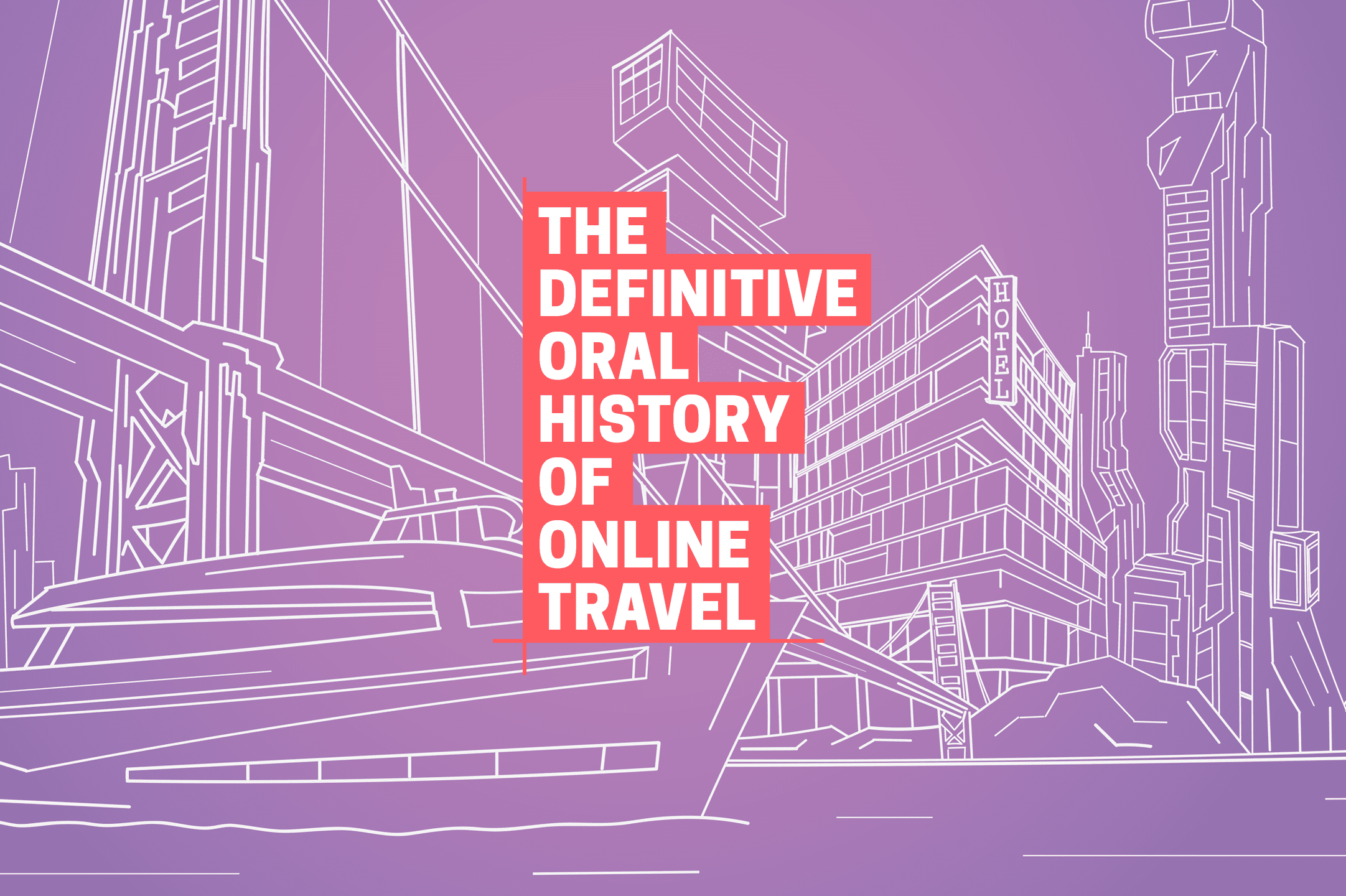Oral History of Online Travel: Two Unsung Pioneers Who Shaped the Future

Skift Take
Not everyone who drafted business plans, wrote the code, made sales calls or forged partnerships in the early days of online travel garnered glitzy headlines or even made it to 2016 to see how their labors all worked out. They -- and countless others -- are still worth remembering for their contributions.
Skift launched its largest and most ambitious project yet, The Definitive Oral History of Online Travel, on June 1.
In nearly 40,000 words founders, CEOs, other executives and insiders tell a story in their own words about the creation of Internet giants such as Expedia, Priceline, Travelocity, Orbitz, TripAdvisor and more.
Not all of the interviews fit into the big story so we are publishing standalone stories that offer deeper insight into information we collected during the three-month research process.
In this article today, as we did yesterday in recalling the work of Jord Poster at Priceline.com, we highlight the roles of key figures whose names aren't widely known and who are no longer alive. Nevertheless, they played important roles in the evolution of online travel.
In today's article, we focus on Greg Davis and David Rae.
Davis, 33, was president of cruise and vacation-packager National Leisure Group (which became World Travel Holdings) when he was killed on June 18, 2001, after being hit by a car on his bicycle in Newton, Massachusetts, while training for the Pan Mass Challenge. In the weeks leading up to his death, Davis had helped negotiate a sale of the company to Barry Diller's USA Networks. Diller's company announced the deal a month after Davis' death although the sale never closed because September 11th got in the way.
David Rae, meanwhile, created the first website for Hotel Reservations Network (which became Hotels.com) in late 1995 and convinced the company's founders that the Internet would be the future of commerce. Rae died at age 50 in Naples, Florida in 2006.
Greg Davis
Aaron Gowell, who became co-CEO of National Leisure Group a couple of years following Davis' death and currently is CEO of SilverRail Technologies: Honestly, it’s hard to know where to start on Greg anecdotes. I still think about him frequently. At his funeral five different guys got up to give eulogies that

